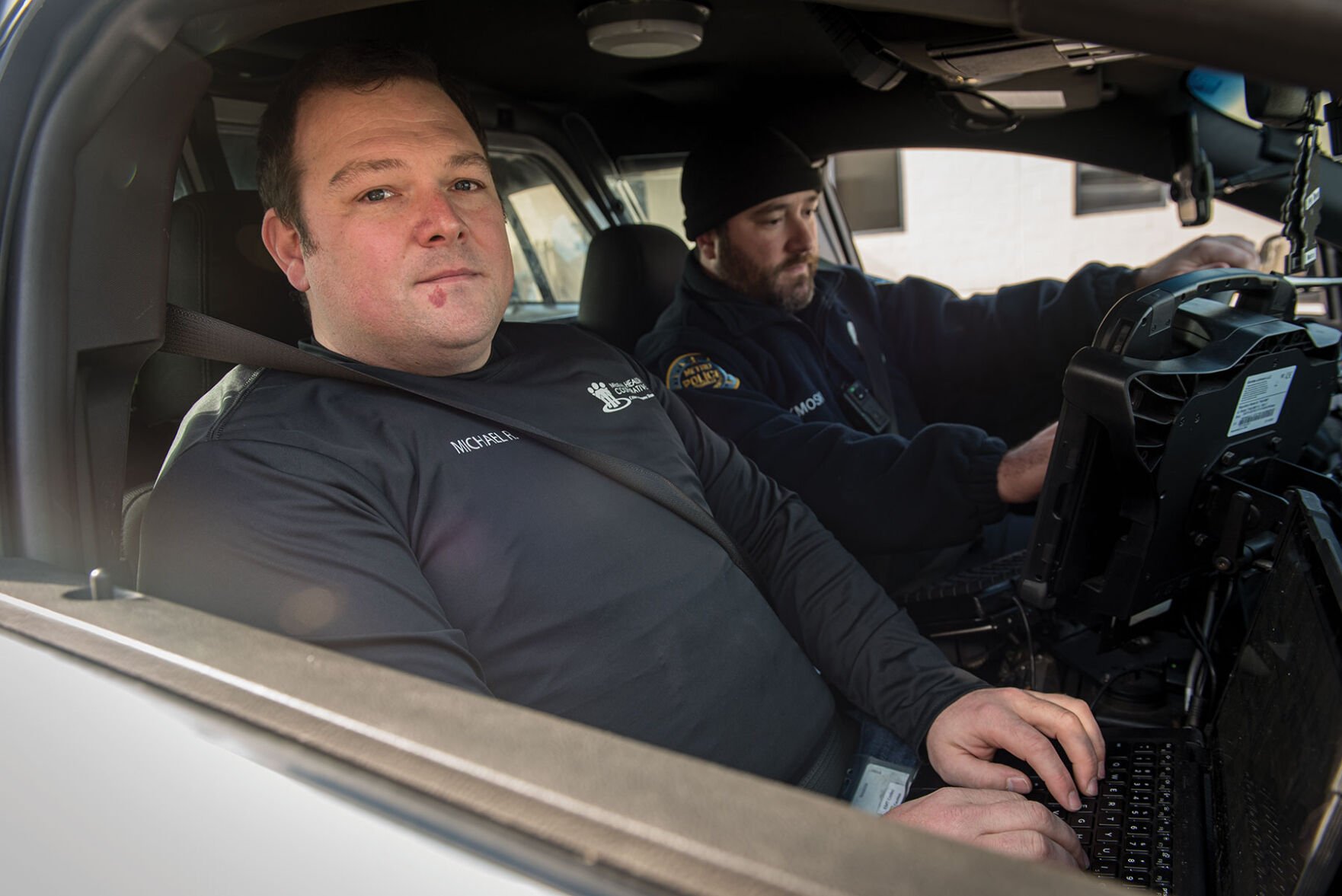Nashville’s newest alternative to police response, Responders Engaged and Committed to Help (REACH), has completed its first quarter on the streets.
REACH pairs paramedics from the Nashville Fire Department and mental health professionals with Mental Health Cooperative to respond to low-acuity crisis calls received by 911. EMS staff told the Scene in a November cover story that behavioral health calls had the city’s ambulances taking 120 people to the emergency room each week, or roughly 1,500 per quarter. REACH was able to serve a small portion of these calls — 150 — in its first quarter.
In REACH’s first three months (Feb. 13 to May 13, 2023) around 45 percent of the responses still resulted in a trip to the emergency room. However, EMS staff said more than 90 percent of similar calls would have resulted in an emergency room visit outside of the program.
The program’s two SUVs are in operation at the same time, unless staffing is limited, and operating hours are Tuesday through Friday 10 a.m. to 8 p.m. Around 10 calls made in REACH’s first quarter required a police presence, and around nine were ultimately transferred to Partners in Care, a program that pairs a police officer and a mental health professional.
“Especially these first few months of REACH operating, we are figuring out what calls are REACH-appropriate, along with our police partners, our office of emergency communication, the dispatch staff,” says Michael Randolph, REACH program director for Mental Health Coop. “I think the data has to do with that. Anytime staff feel that they’re not safe, they are instructed to radio into dispatch and ask for backup to help.”
Out of the calls REACH responded to, 75 percent of patients had suicidal ideation, 23 percent were experiencing psychosis, and 3 percent had homicidal ideation. The most commonly served ZIP code was 37203, near downtown. The next-highest was 37013, in Antioch.
This pilot program is smaller than Partners in Care’s pilot was, and calls take longer than other 911 responses, Randolph says. Currently, the REACH team is made up of four staff members: two EMS paramedics trained in crisis intervention and two master’s-level counselors from Mental Health Coop trained in public safety.
“There’s no rush,” Randolph says. “These aren’t acute situations. We’re able to go out there and make those relationships, talk to somebody, de-escalate them, evaluate their needs and get them help.”
In addition, in 25 percent of REACH calls, respondents offered resources that did not result in transportation. Twenty-one percent of calls resulted in transportation to the Mental Health Coop Crisis Treatment Center. Four percent of patients that REACH responded to were transported to a hospital inpatient psychiatric facility, and 5 percent were classified as “other.”
A patient can stay at the crisis treatment center for 24 hours before being transferred to a stabilization unit or respite program within the organization, which can mean up to seven total days in the center. Psychiatrists, nursing staff and case workers can help patients connect to alcohol and substance abuse treatment if needed, as well as housing, Randolph says. Of note, 38 percent of patients REACH responded to were unhoused or in temporary emergency housing. Calls for such a program were elevated after a Metro Nashville Police Department officer shot and killed an unhoused man in November.
“It’s been great to have people not have to go to the emergency room,” says Randolph, “not get a bill for an ambulance trip or an emergency room trip, and go straight to the place where they can get quality mental health care immediately, without having to be delayed and without having to tell their story multiple times.”





